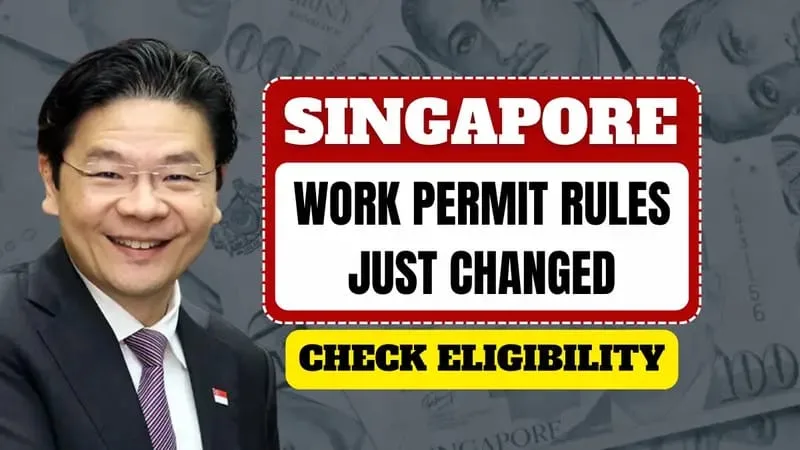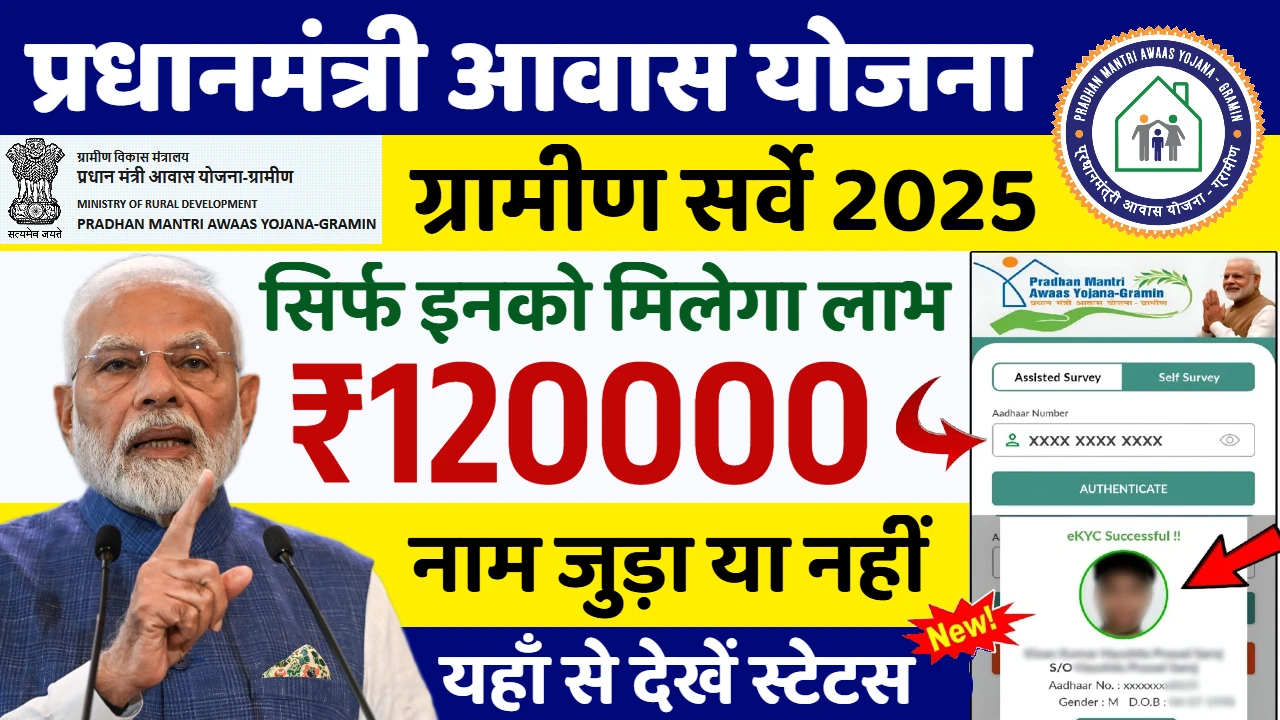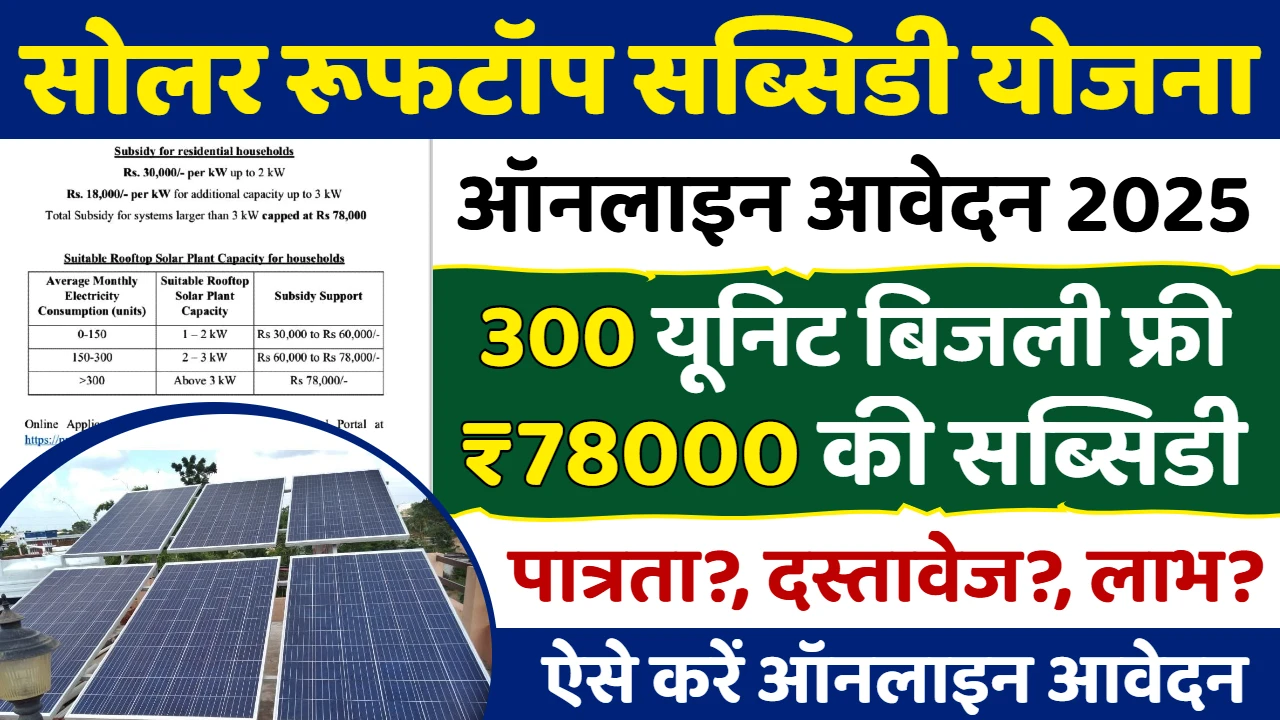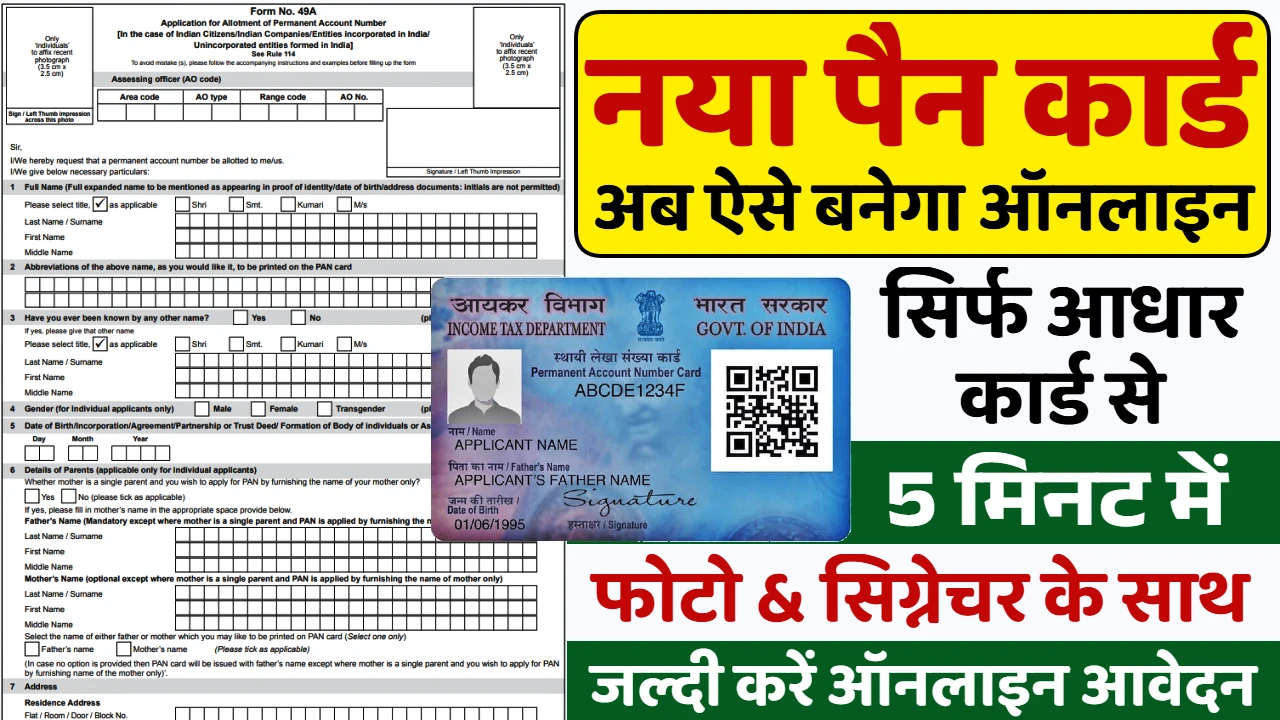Singapore has just announced fresh updates to its work permit rules for 2026, making professionals and employers around the world question — Do I still qualify to work here next year? Known as Asia’s financial powerhouse, Singapore frequently updates its foreign manpower policies to balance economic growth with opportunities for its local workforce. If you are planning to work in Singapore in 2026, here’s everything you must know.
What Changed in the 2026 Singapore Work Permit Rules? 📑
The Ministry of Manpower (MOM) has introduced stricter eligibility criteria for foreign workers seeking both new applications and renewals. While Singapore continues to welcome global talent, the government wants employers to hire based on skills and contribution rather than just availability.
Key highlights include:
- Higher minimum salary thresholds for selected sectors.
- Stricter skills verification and educational credential checks.
- Industry-specific quotas to maintain a sustainable workforce balance.
- Renewed emphasis on local-first hiring policies before considering foreigners.
Minimum Salary Thresholds Rise 💰
A major change in 2026 is the sharp rise in qualifying salaries. For example, the basic requirement for entry-level pass holders has been revised upward to ensure only skilled, fairly compensated professionals are brought into the local market.
This means low-wage applications may no longer qualify for specific passes, such as the S Pass, unless the employer can justify a strong need for the foreign worker.
By tightening the criteria, Singapore aims to safeguard local wage levels while still attracting world-class professionals.
Verification of Skills and Education 🎓
From 2026 onwards, the skills verification process will be more rigorous. Applicants must submit properly certified educational qualifications and, in some cases, sit for technical evaluations.
This ensures only genuine talent fills critical labor gaps. Employers will now work with accredited third-party agencies to validate candidate documents before MOM considers them.
Industry Quotas Remain Tight ⚖️
While finance and technology sectors still actively welcome top global talent, industries such as construction, retail, and hospitality will continue to face strict quota restrictions on foreign manpower.
These quotas remain sector-specific to prevent dependency while protecting Singaporean workers’ jobs. Businesses must show concrete efforts of local hiring before they can employ foreigners under the new rules.
What This Means for Foreign Professionals 🌍
If you’re a foreign professional eyeing a career in Singapore, you must be prepared to:
- Showcase specialized expertise or unique skills.
- Command a competitive salary that meets or exceeds new MOM standards.
- Provide clean documentation, verified through official channels.
Put simply, Singapore is raising the bar to ensure foreign workers who enter the country truly add long-term value.
Employer Responsibilities in 2026 🏢
For employers, compliance is not optional. The MOM now requires companies hiring foreign staff to pass stricter audits and show evidence of fair hiring practices. Businesses that fail may face fines, penalties, or restrictions on work pass renewals.
Hiring managers must carefully match job requirements with candidate skill sets and prove efforts to recruit Singaporeans first.
Comparison Table – Singapore Work Permit Rules 2026 📊
| Criteria | 2025 Rules | 2026 New Rules |
|---|---|---|
| Minimum Salary (S Pass) | SGD 3,000 (general baseline) | SGD 3,500+ depending on industry |
| Verification | Document upload | Third-party accreditation mandatory |
| Quota in Construction | Up to 25% of workforce | Lowered to 20% workforce |
| Employer Obligation | Standard local-first posting requirement | Stricter compliance audits & penalties |
How to Prepare for the New Rules 🚀
✔ Update and verify your educational certificates.
✔ Secure detailed employment contracts highlighting skill relevance and pay scale.
✔ Work with accredited agencies to ensure no compliance gaps.
✔ Employers should strengthen their recruitment strategies with transparent hiring frameworks.
Tip: If you are uncertain, consult a professional migration advisor before submitting your 2026 application.
Frequently Asked Questions (FAQs) ❓
Q1: Can I still work in Singapore in 2026 with a diploma?
Yes, but only if your role is highly specialized and your employer can justify the need. With stricter verification, ensure your diploma is recognized and properly authenticated.
Q2: Are existing work pass holders affected?
Yes. Renewal applications will be processed under the 2026 rules, so salary and compliance checks will apply.
Q3: Will temporary work permits be harder to get?
Temporary passes may face more scrutiny, especially in low-wage sectors. MOM will prioritize locals for short-term roles.
Q4: How can employers avoid rejection?
By providing clear proof of local hiring efforts and offering competitive wages when hiring foreign staff.
Final Thoughts ✨
The Singapore work permit landscape is changing rapidly in 2026, and both companies and workers must adapt to remain eligible. Far from shutting out global talent, Singapore is focusing on quality over quantity — inviting the brightest professionals who can fuel its innovation-driven economy.
If you are considering Singapore as your next career destination, now is the best time to review your qualifications and align with the new criteria. Those who meet the higher standards will still find Singapore to be one of the most rewarding places to live and work.
⚠️ Disclaimer: This article is for general informational purposes only. Immigration laws and manpower policies are subject to official changes. Always consult the Ministry of Manpower (MOM) or a licensed immigration advisor before acting on work permit applications.











